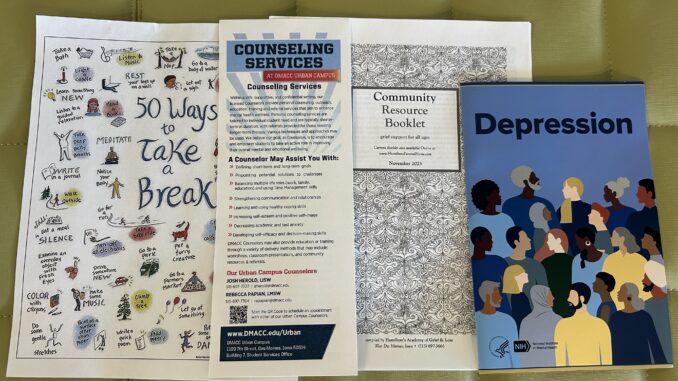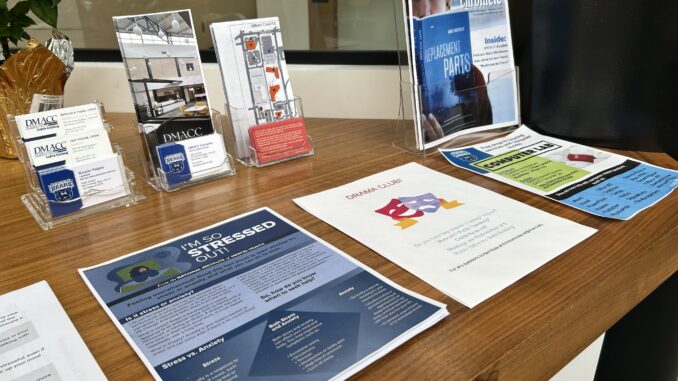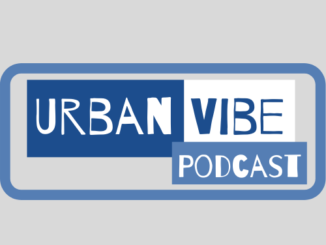
Mental health is a rising concern among students at colleges and universities across America.
Transitioning into college is not an easy task. This change can take a toll on individuals mentally, physically, and emotionally. The National Library of Medicine said that the transition for students from high school to college is difficult because it “coincides with early adolescence, a period during which certain psychological disorders become more salient and marked social, biological, and psychological development occurs.”
Not only is the brain still developing during the period when students are transitioning into college, but the students themselves are still developing into the individuals they want to become. Students have to learn how to balance attending class, completing homework, participating in clubs, and other responsibilities and pleasures that come with being a student on their own.
As a result, students struggle with mental health and emotional stress. Seventy percent of post-high school students report having struggled with mental health.
Thirty-five percent of current and prospective post-secondary students surveyed in a Gallup State of Higher Education Report said they have considered leaving their program in the last six months. Of those, 54% reported emotional stress and 43% reported mental health as the reason why they wanted to drop out of their education.
It is also reported that more female students have considered dropping out of college due to their well-being than male students. 52% of women have considered dropping out of college for mental health reasons, versus 27% of men.
To combat these mental health statistics and help students, DMACC offers its students mental health services and resources. Except for Boone, DMACC provides counselors at each of their campuses.
The counselors at DMACC provide support for students struggling with mental health or other areas that they need help in. “Counseling at DMACC is student driven. We don’t place a limit on the number of sessions they can have. We don’t place a limit on the frequency of sessions,” said Joshua Herold, counselor at DMACC Urban. “We want to make sure that it’s going to be accessible when students need it.”

If they are unable to provide the support, DMACC’s counselors refer those students to other resources in the community that can provide that support. In addition to their services, DMACC also has some partnerships with medication management providers, and they work with a nurse practitioner outside of the school. They also frequently hold mental health workshops, which is an option for students who do not want to get formal counseling but want some help with their mental health.
Another resource that the DMACC offers is through the DMACC Urban Library, which provides mental health information to students monthly and directs them to services beyond what they can offer. Near the information desk, they put together a cart of resources covering a theme in mental health. They also put out informational flyers, outside resources from organizations, and host mental health events.

“We want to be a place for people to come and have a sense of community and be a place that can direct them to the resource that they’re looking for or need,” said Lillian Friedman, library specialist at DMACC Urban. “Sometimes people don’t even know what they’re really coming in to ask for, but then we’ll try to ask them more questions to try to figure out what they’re actually looking for.”





Be the first to comment